When it comes to trauma, it’s like this big, black hole that constantly weighs you down, and also trauma affects your trust on your partner when you are in a relationship.
Trauma comes in all shapes and sizes. It can be a huge event or a more subtle pain that you try hard to overlook, though it still haunts you. Collective traumas are suffered by many. They include war, terrorism, an accident, or a catastrophic weather episode that results in death or other forms of mass loss and upheaval.
Individual traumas are those that happen uniquely and specifically to you, such as threats, assaults, abuse, family strife, and physical or mental boundary violations. Individual traumas are often experienced silently and can feel like your own personal prison.
When you’re traumatized, there’s a driving internal force to feel safe and cared for, especially by your partner. Whether you’re conscious of it or not, this can become your central focus as you try to heal. You delve into if/then scenarios in an effort to soothe yourself and look for a way out of that uncomfortable place you are in. If your partner can just reassure you, support you, and help you deal with your pain, then you will feel protected, validated, and able to heal.
Related: 4 Ways To Overcome Past Relationship Trauma That Is Affecting Your Current One
However, it’s essential to be aware that what you’re hoping to receive from the relationship may be unrealistic or disproportionate to what your partner can give.
Trauma is so overwhelming and creates such internal chaos that it distorts your ability to gauge what your partner can realistically offer. This may be in part because they have been traumatized too, whether or not either of you realizes it. Not only does your trauma affect how you perceive the comfort you receive, but your partner’s trauma affects their ability to provide what you’re looking for as you seek out safety and security.
When you’ve endured collective or individual trauma, your trust in how things are supposed to be is drastically altered. In turn, your sense of safety and connection to yourself and others is negatively impacted. You are bracing for the next impact, whether or not one will follow. Understandably, there’s a need within you to secure your foundation and establish or re-establish a sense of stability in the world.
Whether you’re in a new relationship or one that’s established, you may be looking to your partner to do the impossible: fill the void created by trauma.
Be aware that being traumatized is akin to being betrayed, and that you might carry feelings of vulnerability, exposure, and pain. The last thing you want is for your relationship to create further feelings of betrayal and disappointment because you don’t feel understood or validated. Therefore, it’s crucial to remember that your partner comes from a different background, life experience, and has different communication patterns from you.
They exist in a different body and have a different brain. The onus is on you to communicate with your partner and to describe as best you can what you’re feeling and why. Try to resist slipping into a thought process of expecting them to “just know” what you are feeling and experiencing. While your pain may be all-consuming, and those thoughts in your head may be very loud, understand that these feelings belong to you. You might have to power through your own trauma just long enough to help your partner help you to feel better.
For example, patients often describe the things they wished their partner had said or done in certain situations. The disappointment and experience of being let down by them can be a huge disappointment in its own right; it is as if they feel the relationship history and connection should leave little room for error or misunderstanding.
Want to know more about how trauma affects your trust in a relationship? Check this video out below!
Feeling betrayed, misunderstood, and diminished all culminate in what you view as your partner’s insensitivity because your partner did not or could not handle your needs in a way that would better meet your longings. When patients talk about their disappointment, it’s often clear that the extent to which they feel disappointed is not about the partner’s failure to soothe, but about the trauma that preceded it.
You don’t want them to feel your outward anger about what they did wrong – this just perpetuates a cycle of distrust. Your partner is working hard in their own way to forge and maintain the connection. It’s so profoundly important to recognize that your hope for what your partner can give likely far exceeds what they’re capable of giving. This is no one’s fault.
Related: 11 Reasons Why Trust Is More Important Than Love In A Relationship
In approaching your partner to talk about your painful experiences, rather than continue to build a case for disappointment, frustration, and distrust, start a conversation by showing gratitude for what they have done, and acknowledging that it must be so hard for them at times to figure out what you need. Communicate your needs very clearly to them.
Knowledge is power and self-knowledge is the ultimate power. Creating a healthy dialogue around expectations will help you discern whether or not there is enough of an investment by both partners to work on and progress in the relationship. Keep in mind that it is more important to acknowledge your partner’s efforts. Even when they don’t succeed, knowing they are trying to help you through your pain is the most validating contribution they can make to your recovery.
Written by Suzanne Lachmann Originally Appeared In Dr. Suzanne Lachmann


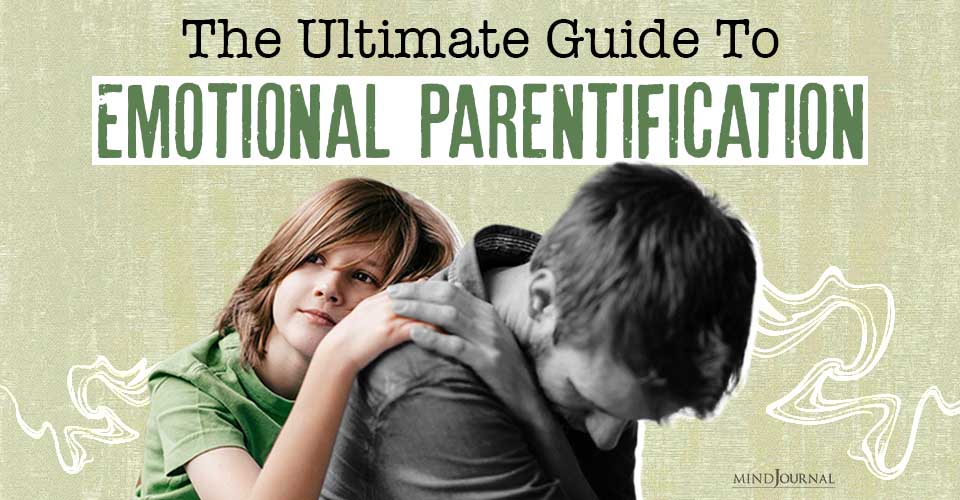
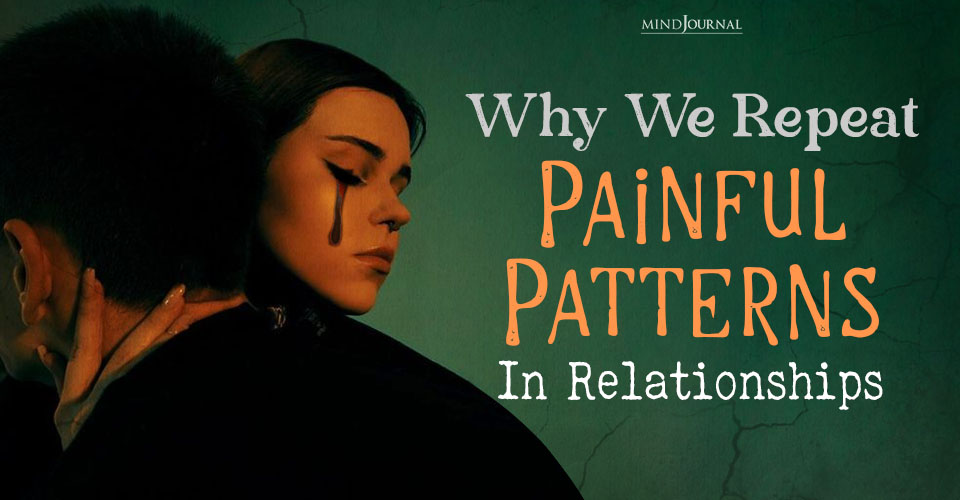
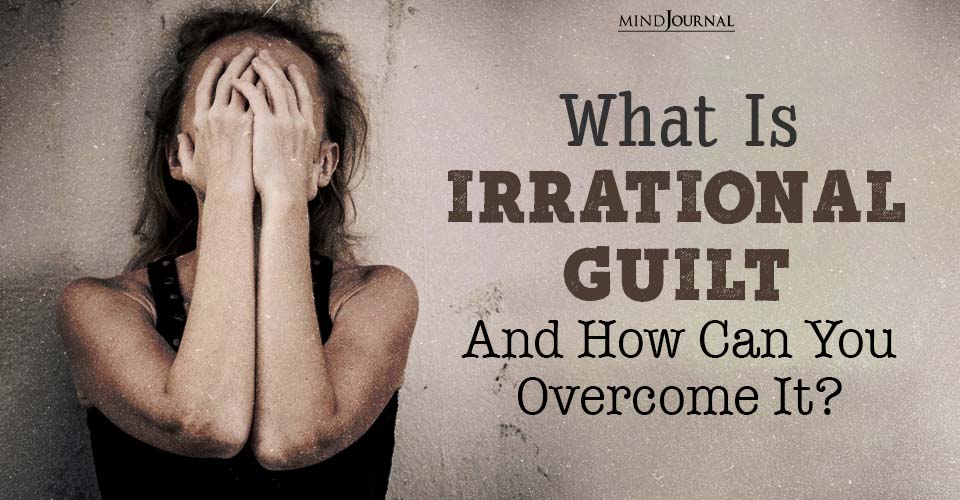


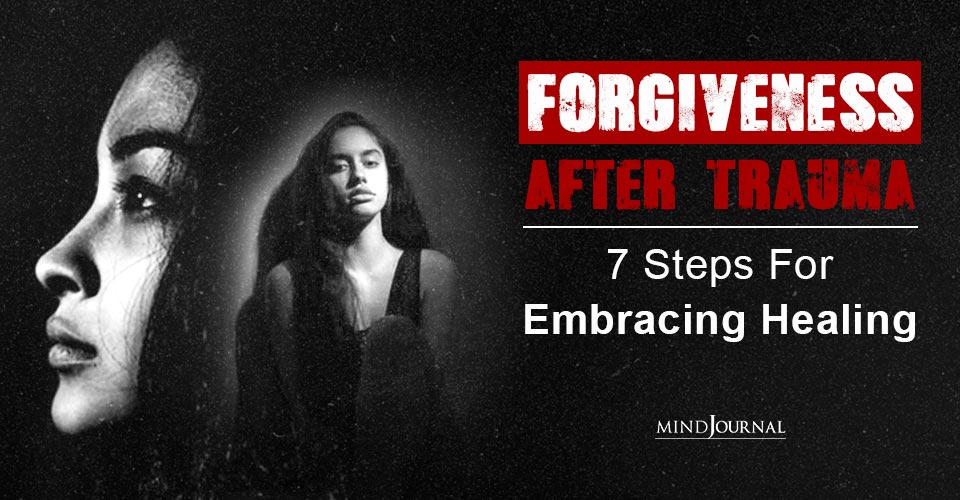
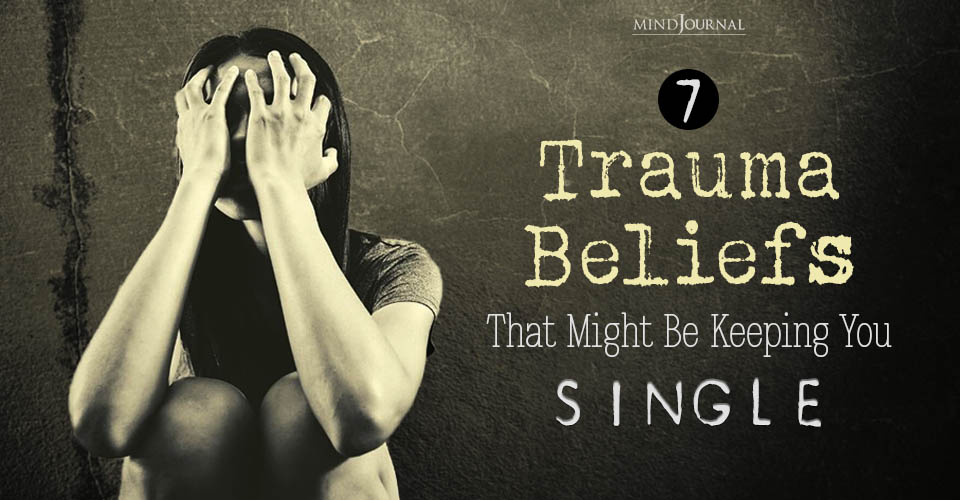
Leave a Reply